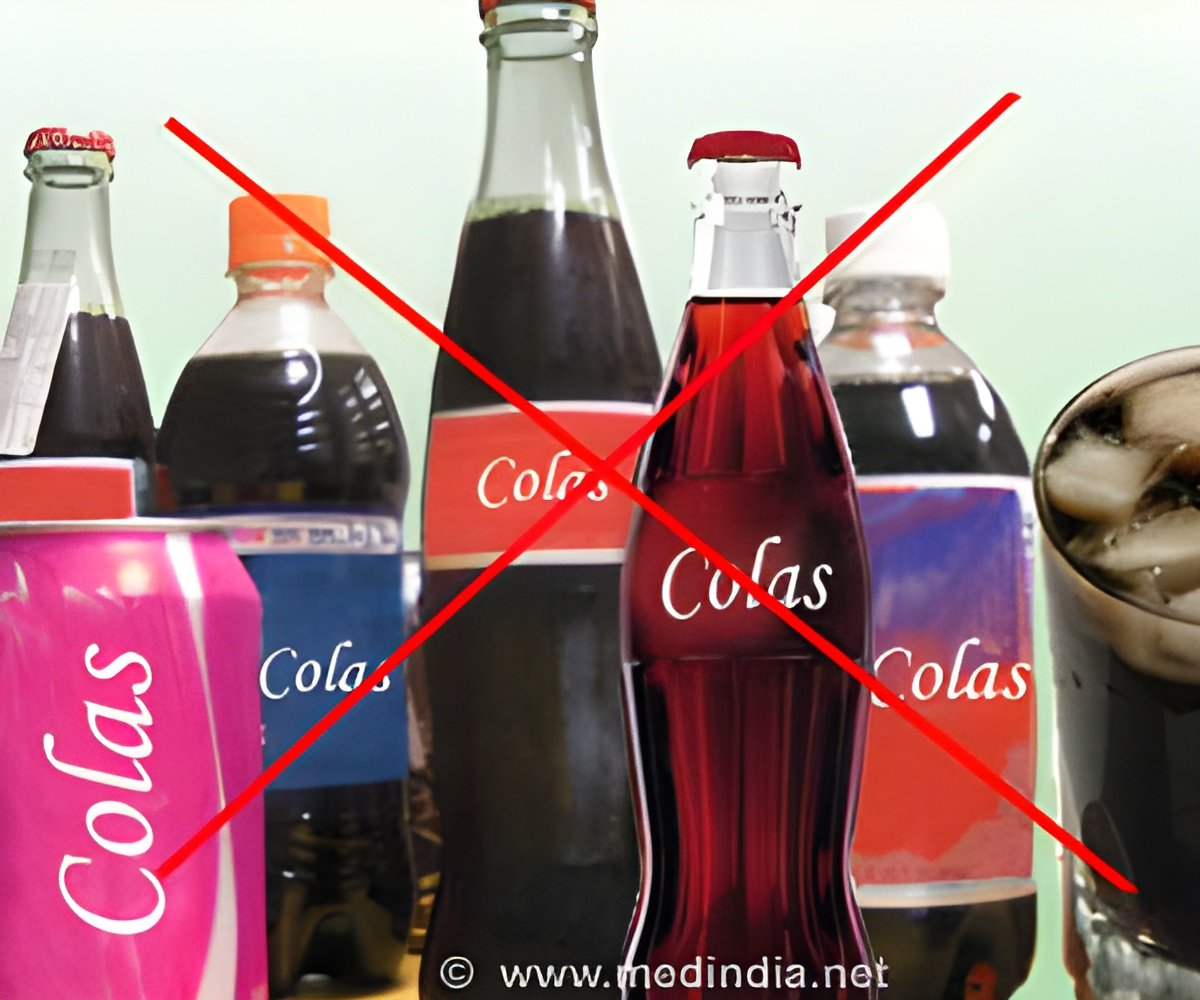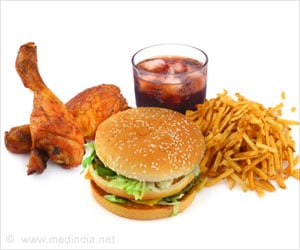The link between increases in sugar intake, particularly fructose and the rising obesity epidemic has been debated for many years with no clear conclusions.

So the researchers studied two groups of mice for two-and-a-half months: one group was fed a diet in which 18% of the calories came from fructose, mimicking the intake of adolescents in the United States, and the other was fed 18% from glucose.
"The important thing to note is that animals in both experimental groups had the usual intake of calories for a mouse," Rendeiro said.
They were not eating more than they should, and both groups had exactly the same amount of calories deriving from sugar, the only difference was the type of sugar, either fructose or glucose
The results showed that the fructose-fed mice displayed significantly increased body weight, liver mass, and fat mass in comparison to the glucose-fed mice.
Remarkably, the researchers also found that not only were the fructose-fed mice gaining weight, they were also less active.
Advertisement
The study was published in the journal Scientific Reports.
Advertisement













